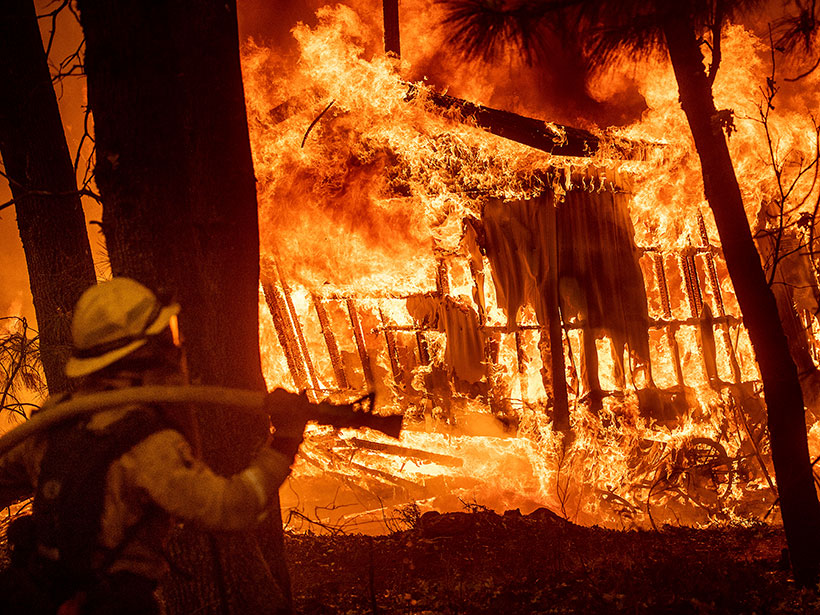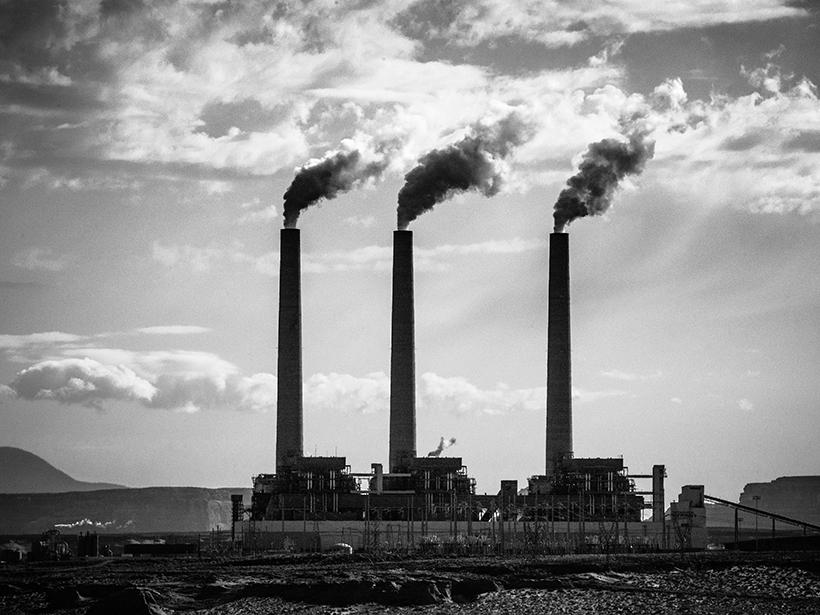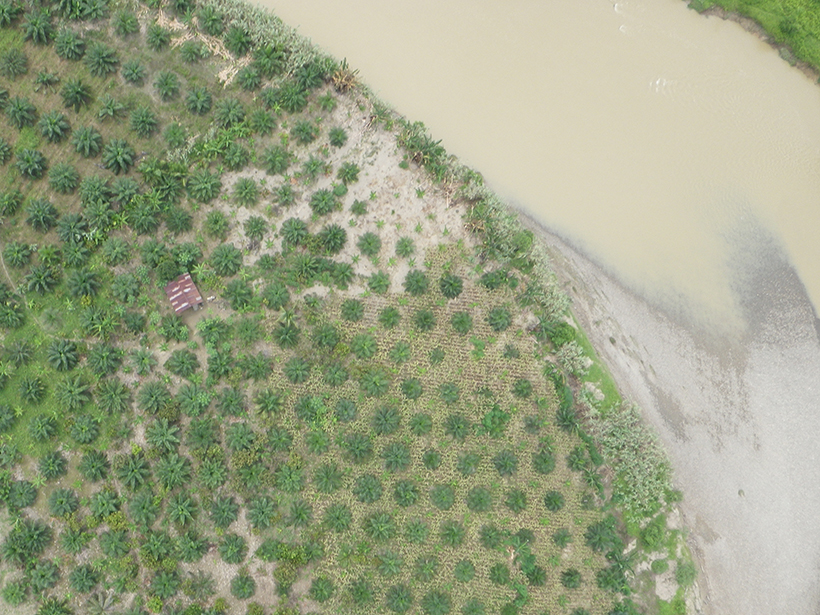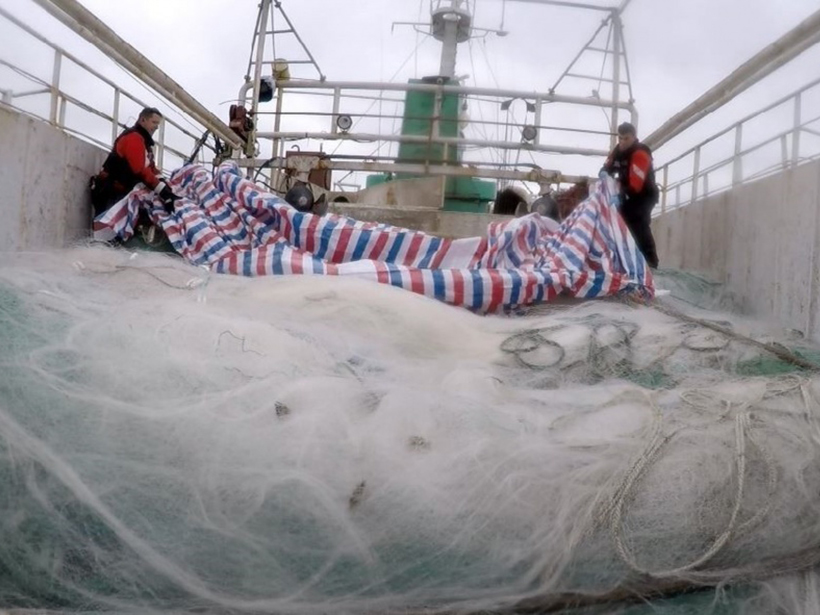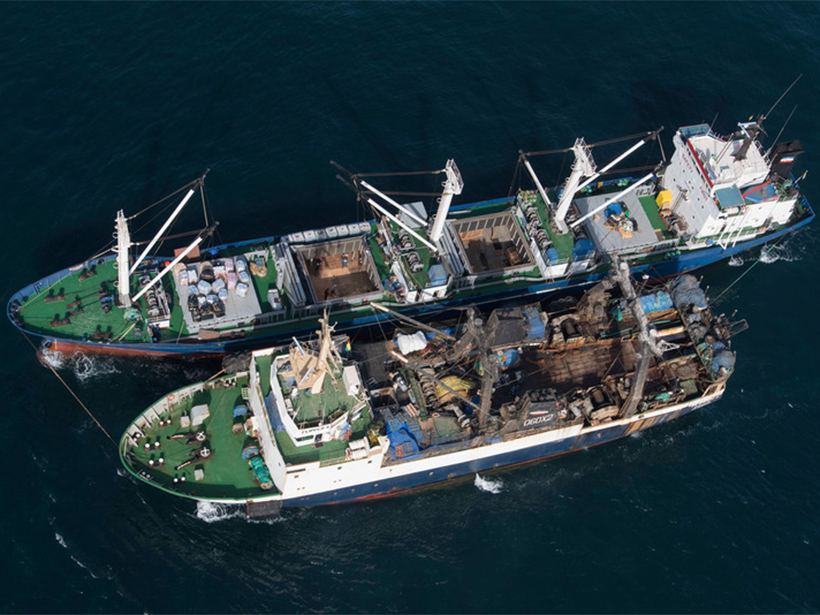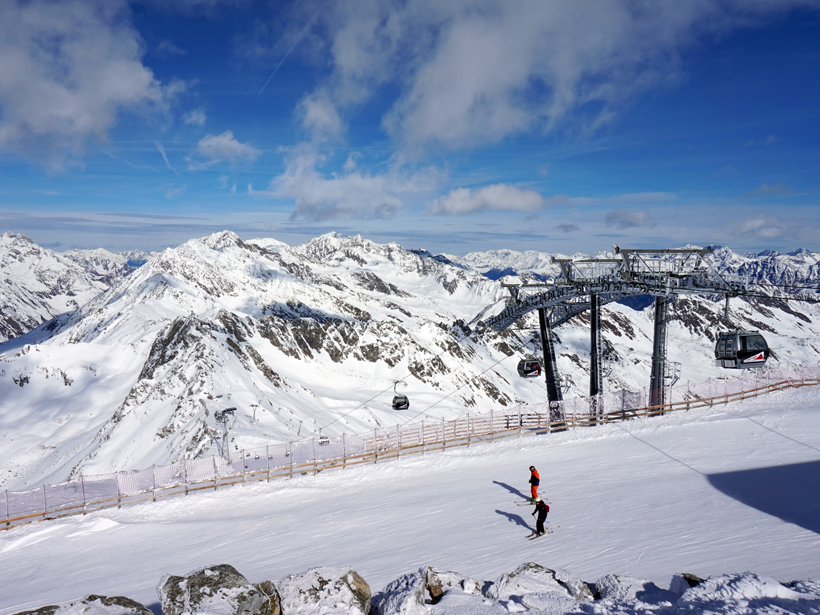Hundreds, including scientists with federal science agencies, demonstrate to pressure for an end to the shutdown.
economics
Federal Government Shutdown Stings Scientists and Science
Scientists say the shutdown is a message that the government considers science nonessential.
Communities of Color Are More Vulnerable to Wildfires
Affluent white people are more likely to live in fire-prone areas, but race and socioeconomic vulnerability can put minority communities at greater risk, a new study finds.
Bipartisan Legislation Would Put a Price on Carbon
A bill introduced in Congress yesterday could help cut U.S. carbon pollution by 40% in 10 years.
Conserving Riverside Habitat Could Bolster Bottom Lines
Palm oil is in demand, and its agricultural footprint is expanding in the tropics. New research suggests that habitat buffers could improve conservation and prevent erosion that cuts into economic returns.
Congressional Hearing Tackles Illegal Fishing
Illegal, unregulated, and underreported fishing worldwide could account for more than $36.4 billion annually. Where do efforts to curb it stand?
Ocean Research and Education Are Foundations for Economic Growth
AGU releases revised position statement that was first adopted in 2005.
Illegal Seafood Supply Chains Can Now Be Tracked by Satellite
Researchers pinpoint more than 10,000 likely transfers of catches between fishing vessels and cargo ships at sea. Knowing where these transfers occur can help officials crack down on illegal activity.
Meeting the Mineral Needs of the United States
A recent report points out where the United States is most dependent on mineral imports and highlights some ways for reducing this dependence.
The Benefits and Vulnerabilities of a Warming Europe
Scientists evaluate the economic and environmental impacts of a warmer climate on European countries, finding a range of effects on tourism, electricity demand, and ecosystem production.



